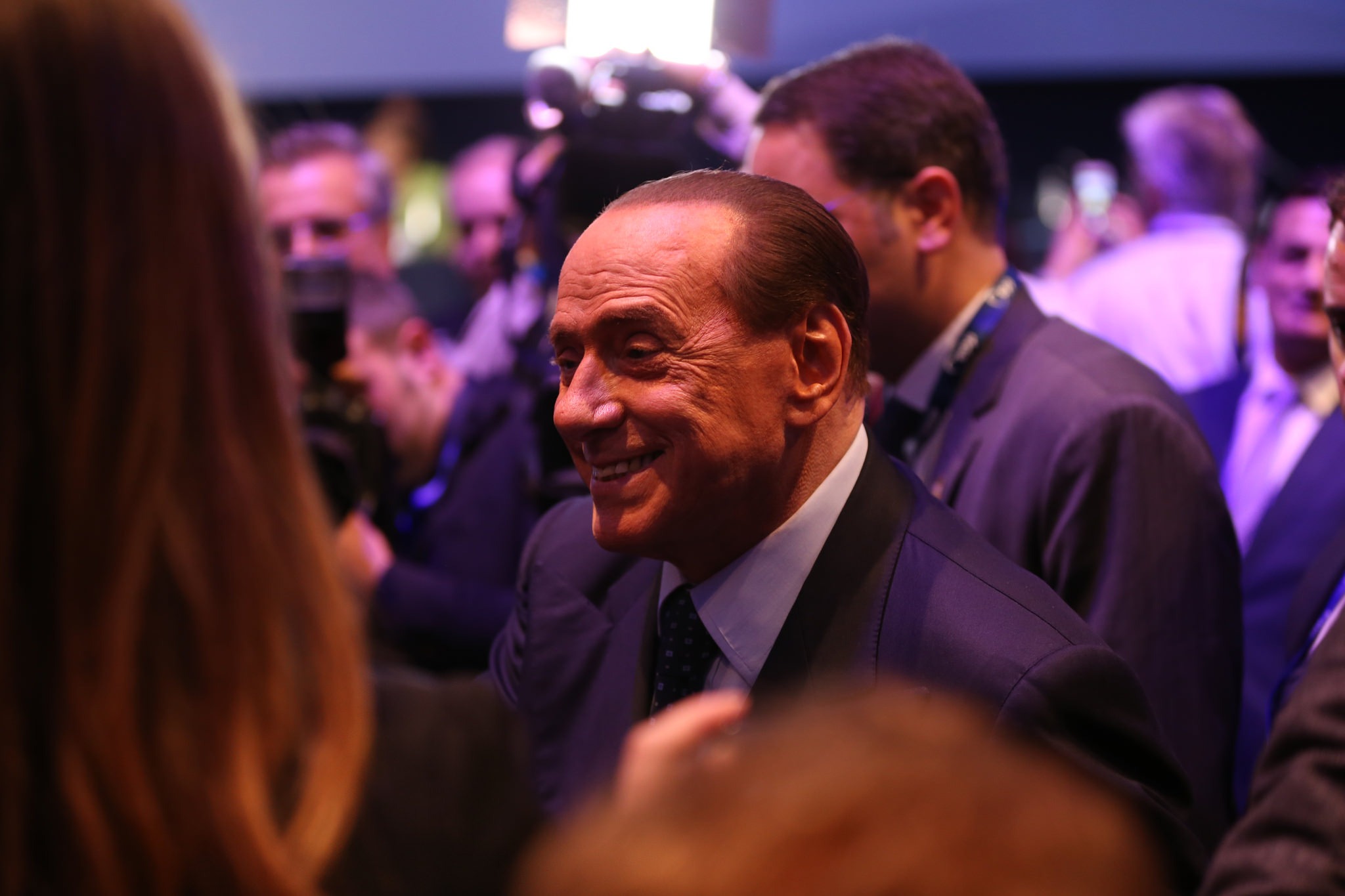
Italy’s centre-right led by former three-time Prime Minister Silvio Berlusconi won a clear victory in Sunday’s vote for Sicily’s governor and regional assembly. The poll was seen as the final test ahead of Italy’s next general election due as early as next March.
The centre-right candidate Nello Musumeci took 40 per cent of the vote, ahead of the Five Star Movement candidate Giancarlo Cancelleri on 35 per cent. The centre-left candidate, Fabrizio Micari, backed by former Prime Minister Matteo Renzi’s Democratic Party (PD), finished a distant third on a mere 19 per cent. More than half of the electorate abstained.
The Sicilian election was won by a united coalition of rightwing parties that included Mr Berlusconi’s Forza Italia and its two uneasy political allies: Matteo Salvini’s anti-immigrant Northern League and the hard-right Brothers of Italy party. The rightwing coalition fended off a strong challenge by the anti-establishment Five Star Movement, which considers the economically distressed region of 5 million people one of its main strongholds. The left paid the price for its disunity.
Mr Renzi lost a referendum on his flagship constitutional changes last year and, as a result of that, resigned the premiership and quit as leader of the PD. He won back the control of the party in the PD primary in April. He is now trying to revitalise the PD, but is seen as too centrist to attract voters. Although his party leadership is not at risk, at least for now.
In late 2011, Mr Berlusconi was ousted as Prime Minister amid a string of sex scandals and the eurozone sovereign debt crisis. His centre-right party, however, has been able to tap into public dissatisfaction over the slow pace of economic recovery and the migration crisis.
Mr Salvini’s Northern League, which was founded 30 years ago to demand the secession of Italy’s wealthier north from its poorer south, wants Italy to leave the eurozone, while Mr Berlusconi has called for the introduction of a parallel currency instead, to circulate along with the euro. That indicates that forming a national centre-right coalition would be problematic.
A new electoral system favours campaign alliances. According to recent polls, none of the three largest political groups — Mr Renzi’s PD, the Five Star Movement and a united centre-right – appear capable of winning an outright majority in the general election. That raises the spectre of a hung parliament.
The centre-left government expects that Italy, the eurozone’s third-largest economy, would grow 1.5 per cent this year, lagging behind the eurozone average. The unemployment rate is well above the pre-crisis level, at 11.1 per cent.
Photo: European People’s Party